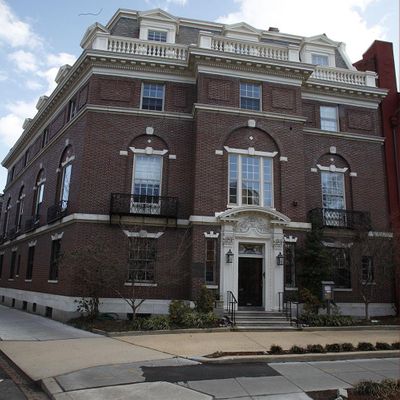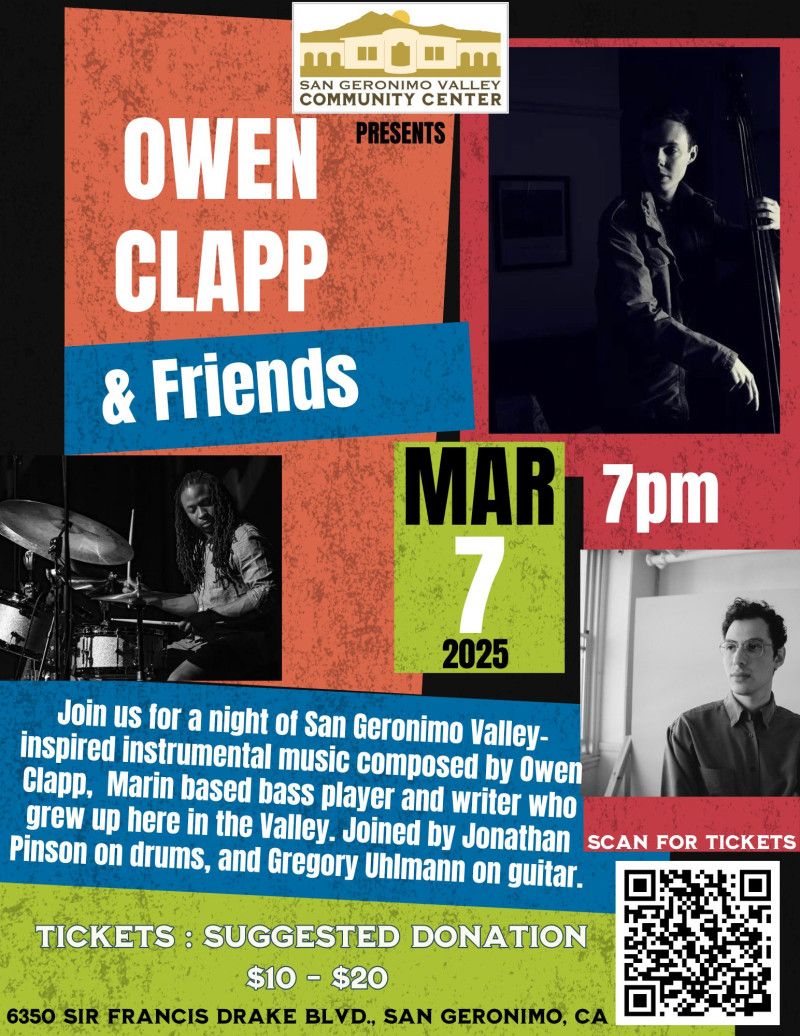Credit's Histories
Schedule
Thu May 01 2025 at 06:00 pm to 08:00 pm
UTC-04:00Location
German Historical Institute | Washington, D.C, DC

About this Event
Please join us for the third lecture in our Spring 2025 series "Poverty in the Twentieth Century" at the German Historical Institute Washington.
Felix Krämer: Credit's Histories - Debt, Loans, and Welfare in Twentieth-Century United States
The talk shows that the impact of indebtedness greatly differs depending on who owes. Black Americans have repeatedly been exposed to higher credit risks or unbearable conditions after 1865. As a closer examination of people’s life experiences unveils, workers, migrants, and Black women in particular, had been exposed to unfavorable loan conditions through the 20th century to the present. The talk unfolds these credit histories, as histories of debt difference, showing how loans and liabilities effect people in various ways intersecting with poverty, welfare, and body politics.
Felix Krämer teaches at the Department of History in Erfurt and is Principal Investigator of the Collaborative Research Center “Structural Change of Property.“ His research interests include gender and body history, the history of religion and media, and the field of the new history of capitalism. His second book Leben auf Kredit focuses on the history of debts, precarity, and difference in the US from the end of slavery to the present.
About the Spring 2025 Lecture Series "Poverty in the Twentieth Century" at the German Historical Institute Washington:
In his bestseller Poverty, by America, the Pulitzer Prize–winning sociologist Matthew Desmond highlights systemic reasons for the persistence of widespread poverty in the United States. Desmond argues that it is in the interest of many affluent Americans to keep some people poor and calls for a social movement to abolish poverty. The GHI’s 2025 Spring Lecture Series addresses the ongoing debates about the causes and persistence of poverty with a historical perspective, featuring four lectures that will trace how European and North American societies treated poverty over the course of the twentieth century.
Throughout the twentieth century, poverty remained a social concern, a political talking point, and an often devastating lived reality. Industrialization had given rise to precarious urban living conditions well before the turn of the century, but even after crises like the Great Depression and the devastation of the World Wars were overcome, the economic deprivation of significant parts of the population endured. In the propaganda battles of the Cold War, economic hardships were identified as products of either socialism or capitalism. Up to today, poverty challenges the legitimacy of political leadership by contradicting their promises of prosperity.
These talks will feature leading scholars offering new perspectives on precarious living in modern society. Going beyond established narratives, the lectures highlight how migration decisions, non-profit organizations, social science research, and the financial industry have all shaped the crises and opportunities those living on the economic margins have faced.
Doors will open at 6:00 pm and will close promptly at 6:30 pm with the beginning of the lecture. Access to the lecture after doors close will be at descretion of the GHI. Registration does not guarantee access once event capacity is reached.
The lecture will be recorded and made available for viewing.
Organized by Raphael Rössel and Atiba Pertilla of the in cooperation with the
Please be aware that this event or conference, or a portion of it, could be live-streamed to registered participants watching remotely via ZOOM or a similar platform, or could be videorecorded for publication. By participating in-person, you understand that it is possible that you could be seen by registered participants watching the stream, that your comments may be seen/heard by participants watching the stream, and that a recording of the live stream could be made available on a video sharing service such Vimeo.
Where is it happening?
German Historical Institute, 1607 New Hampshire Ave NW, Washington, D.C, United StatesEvent Location & Nearby Stays:
USD 0.00











